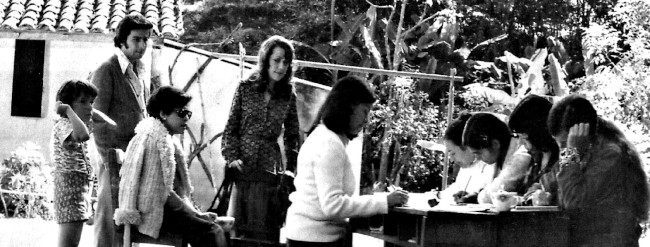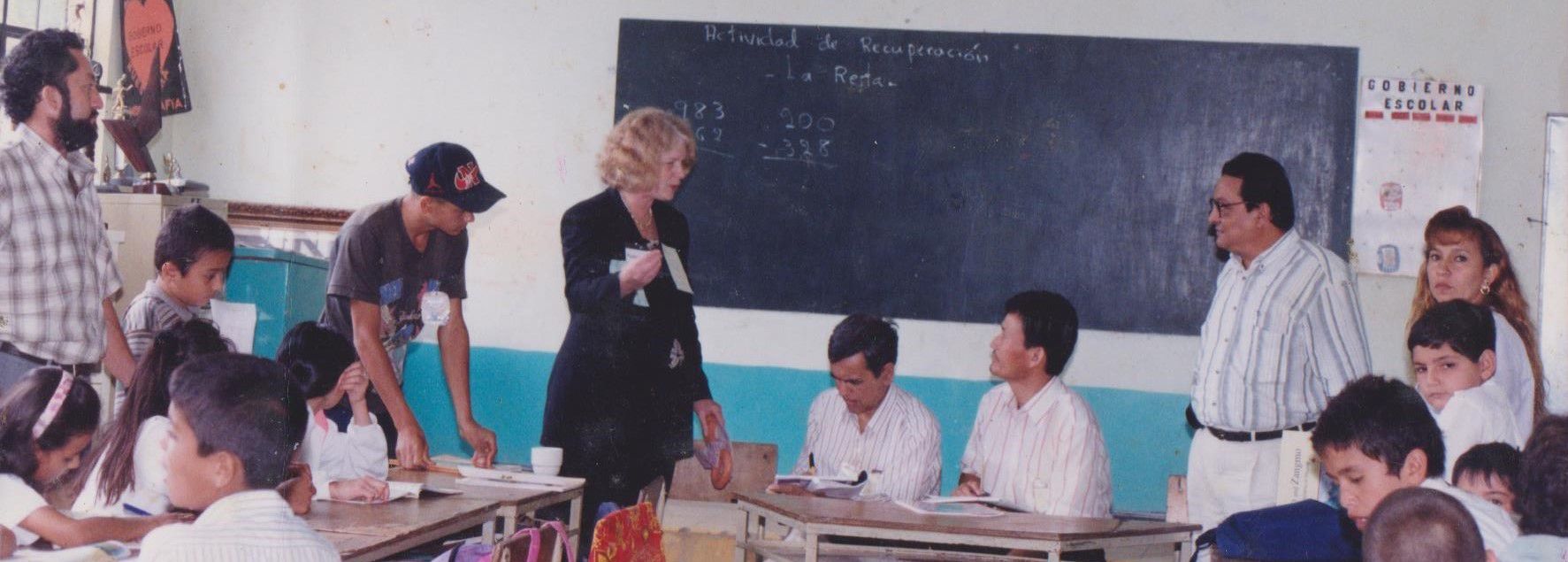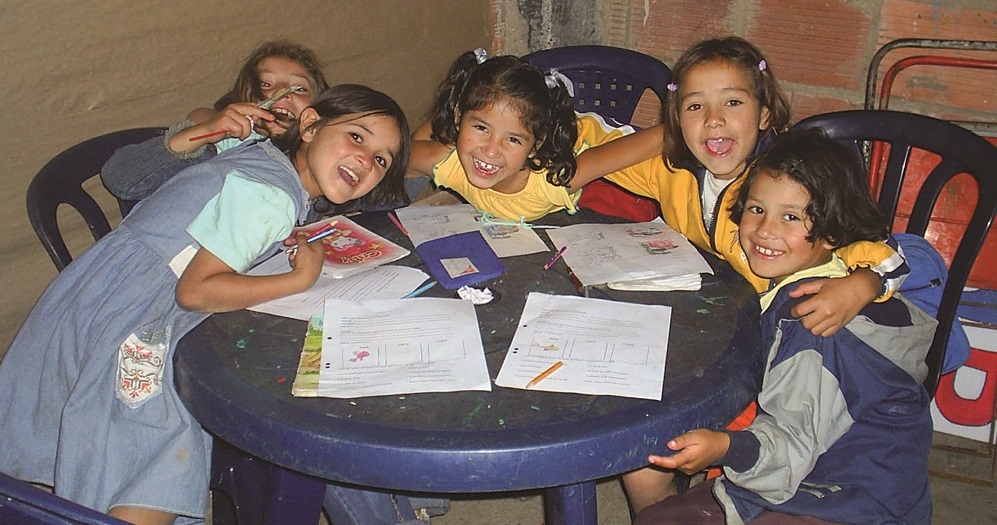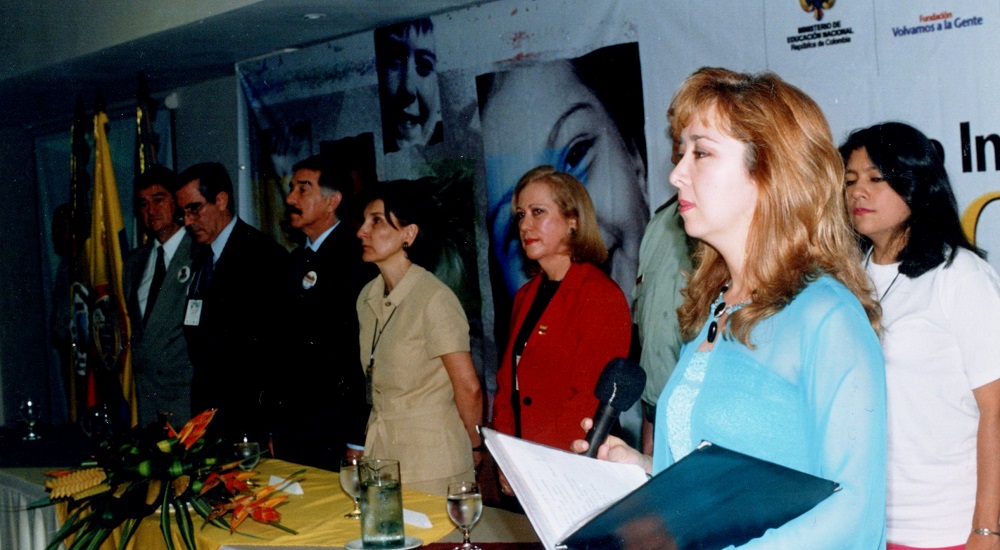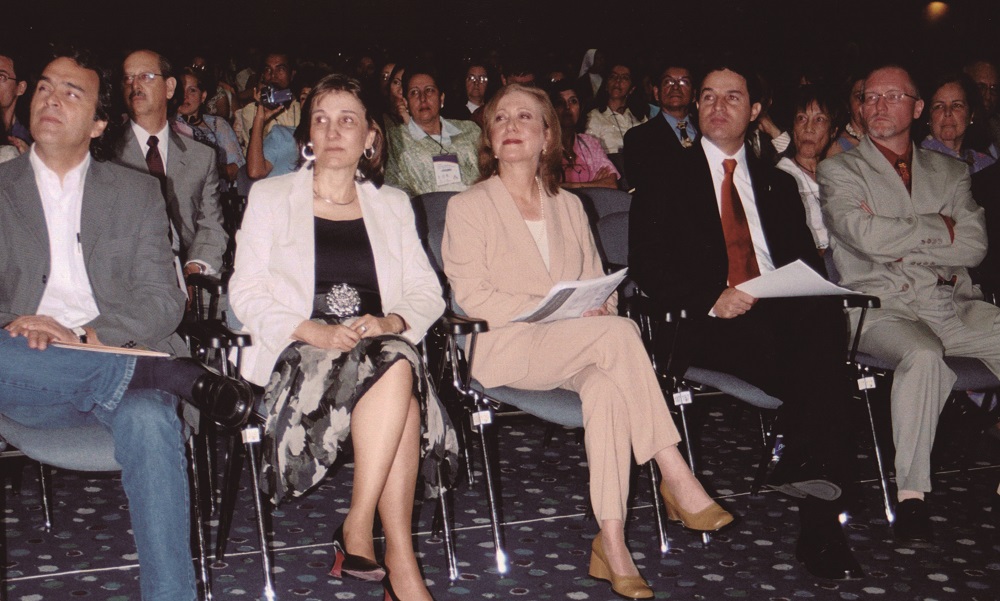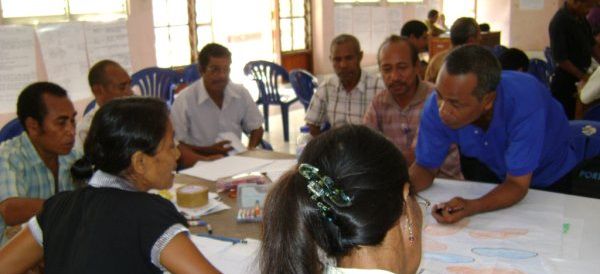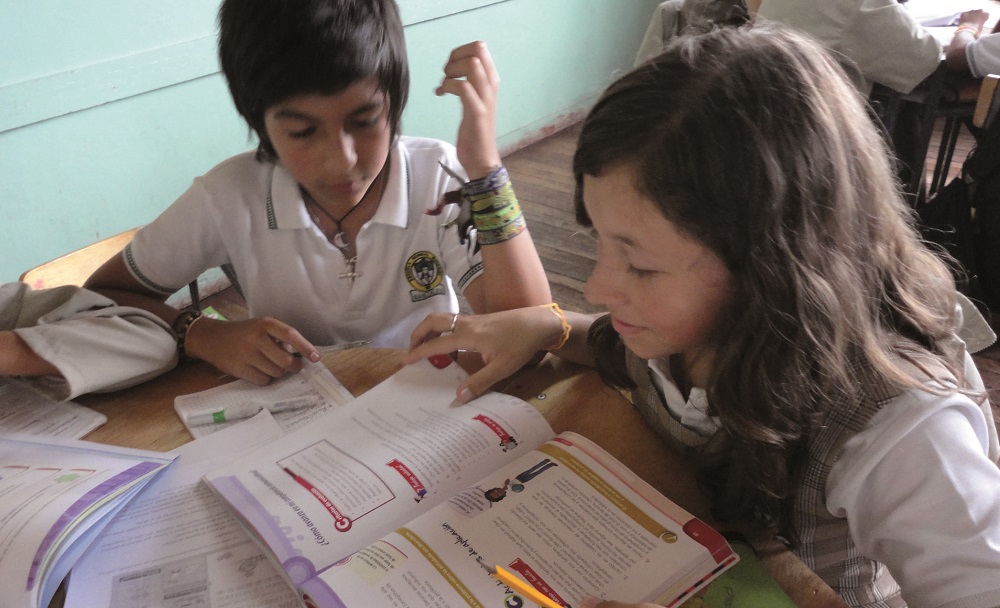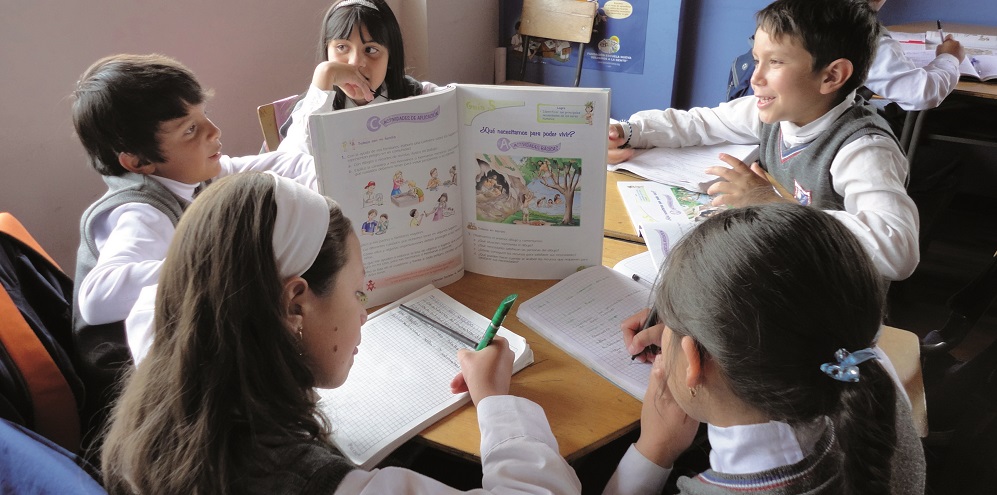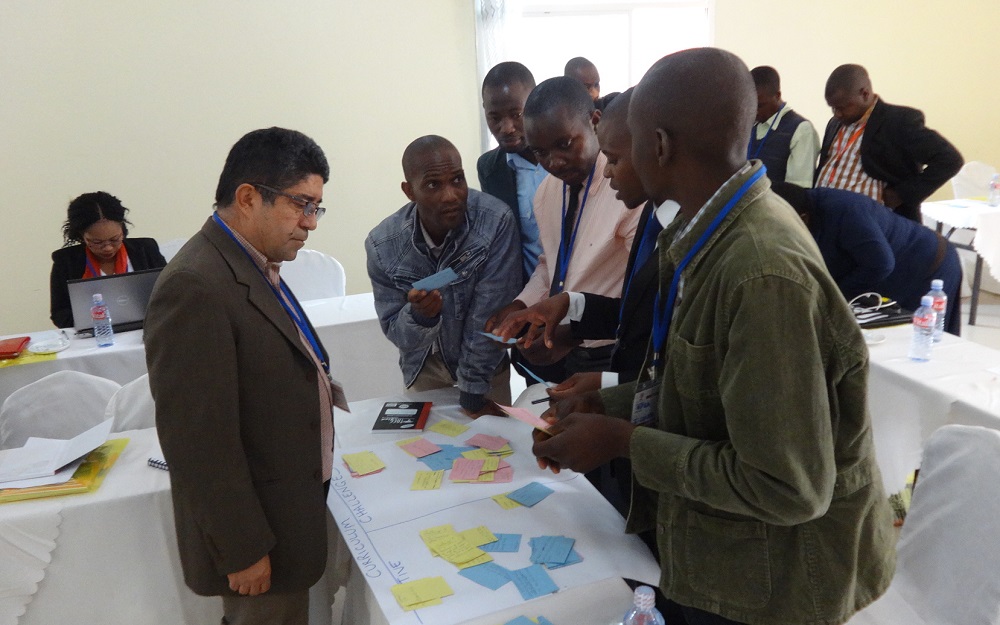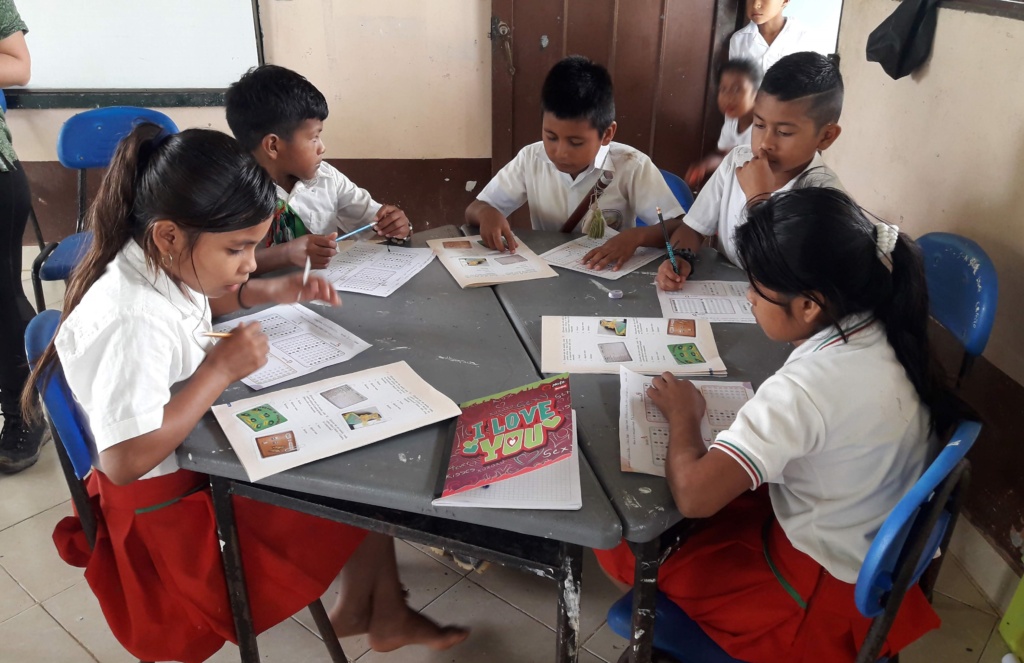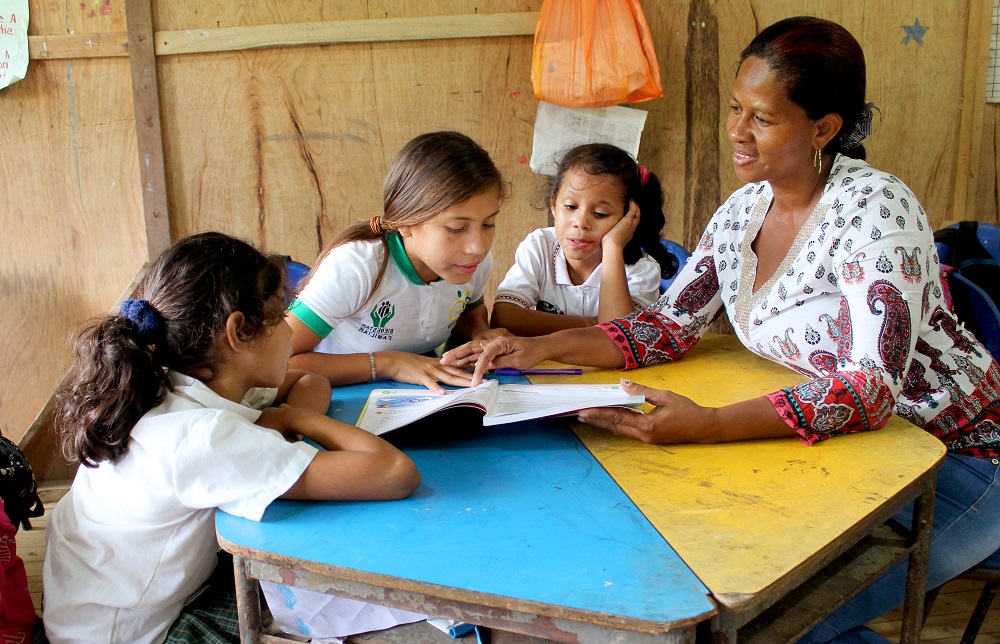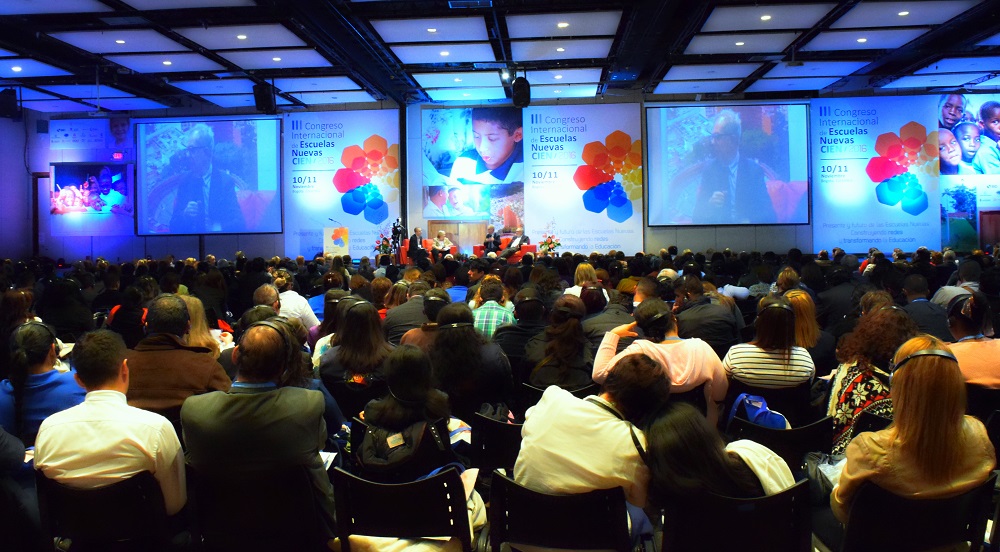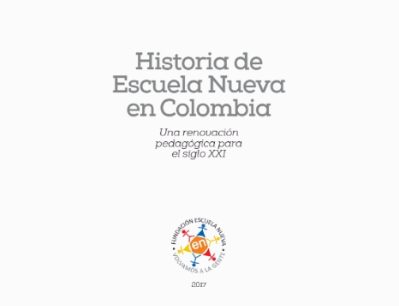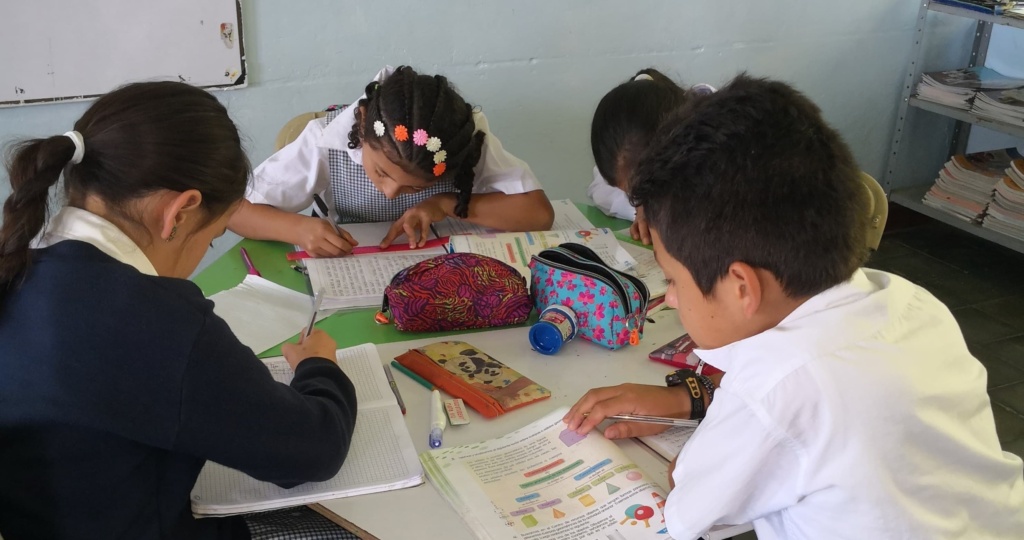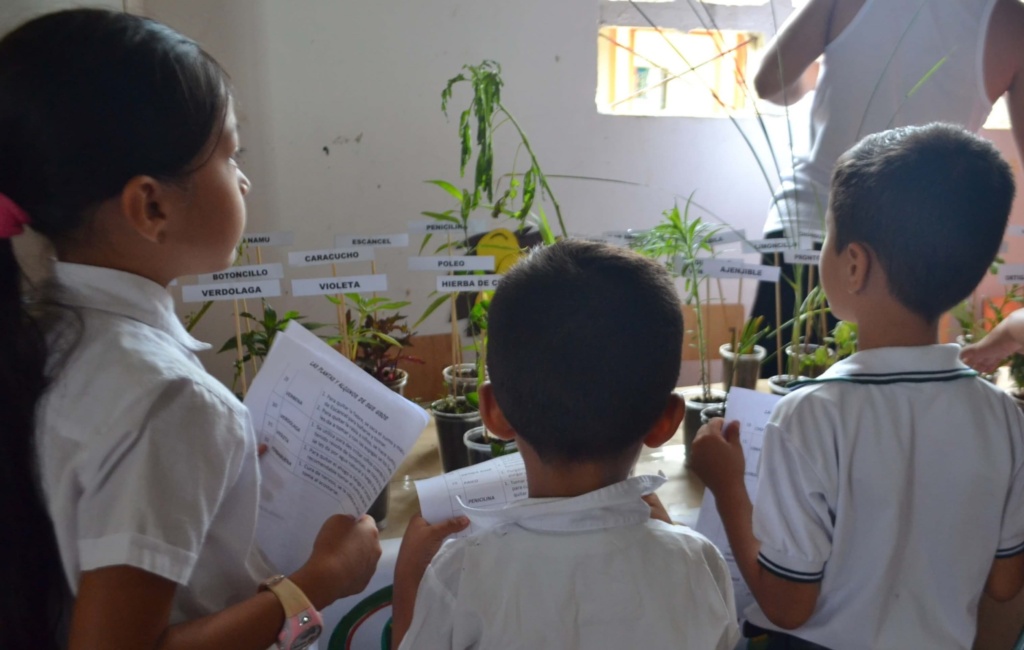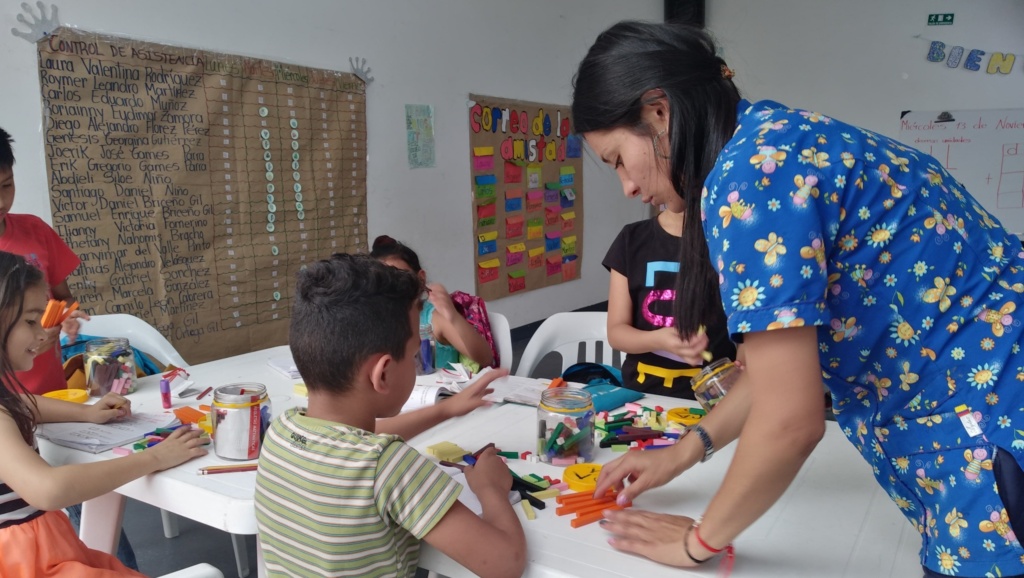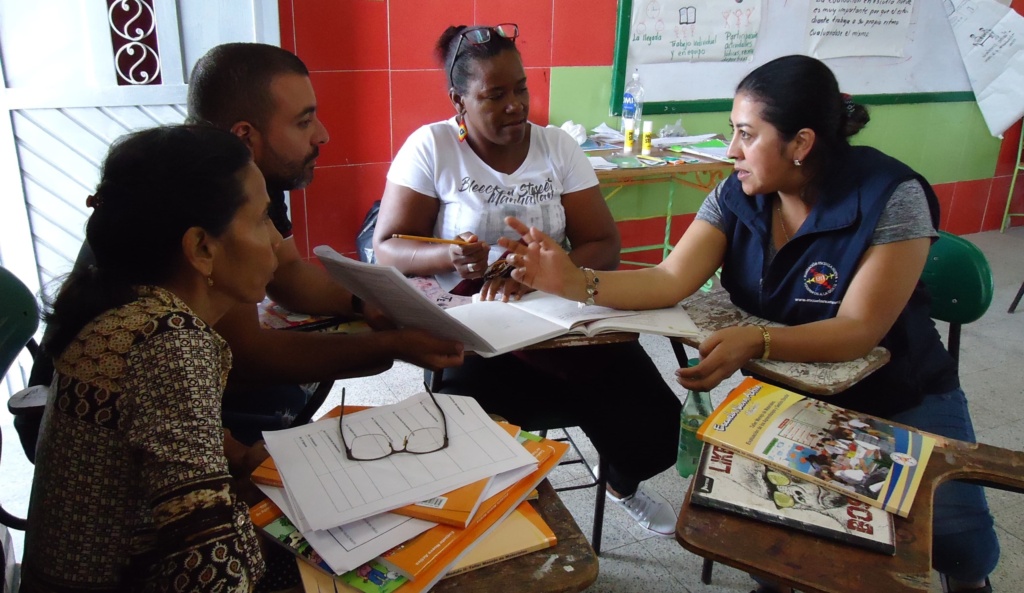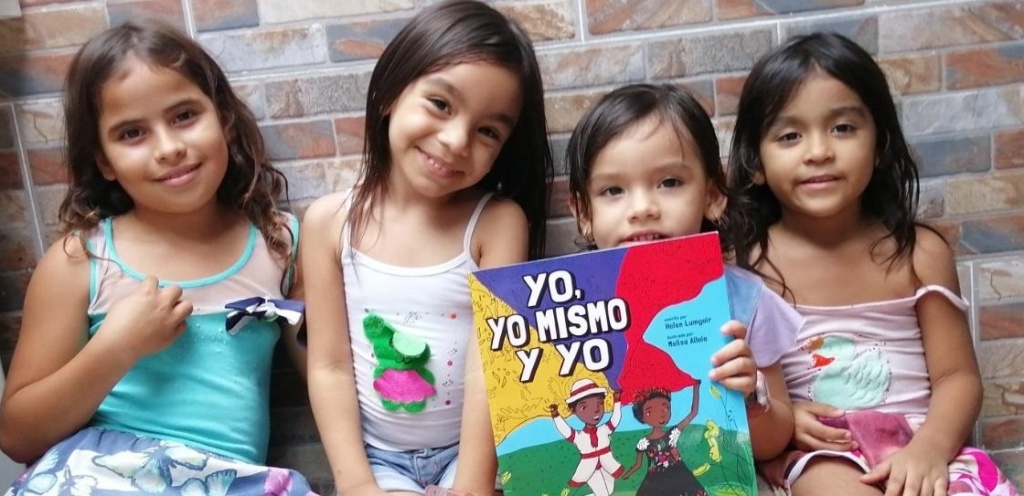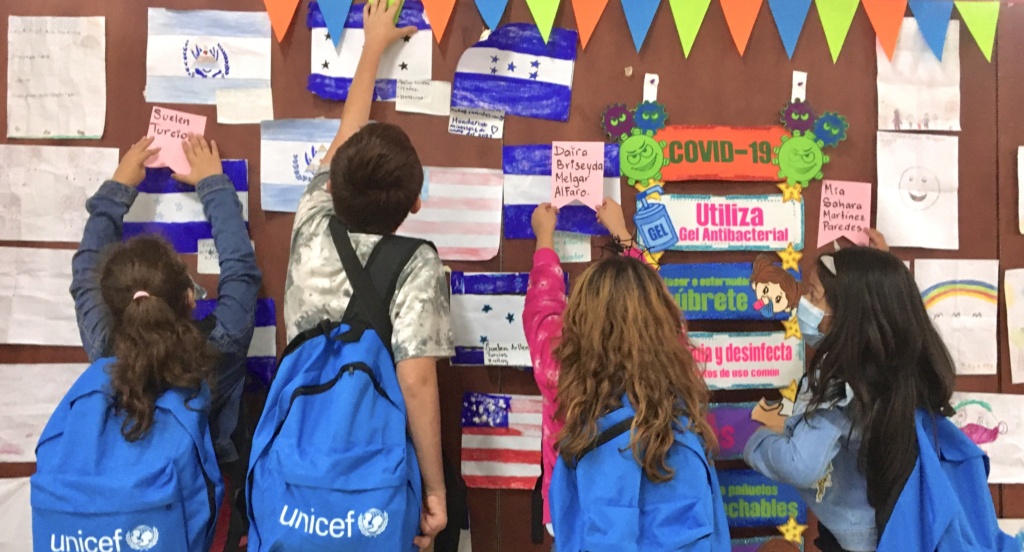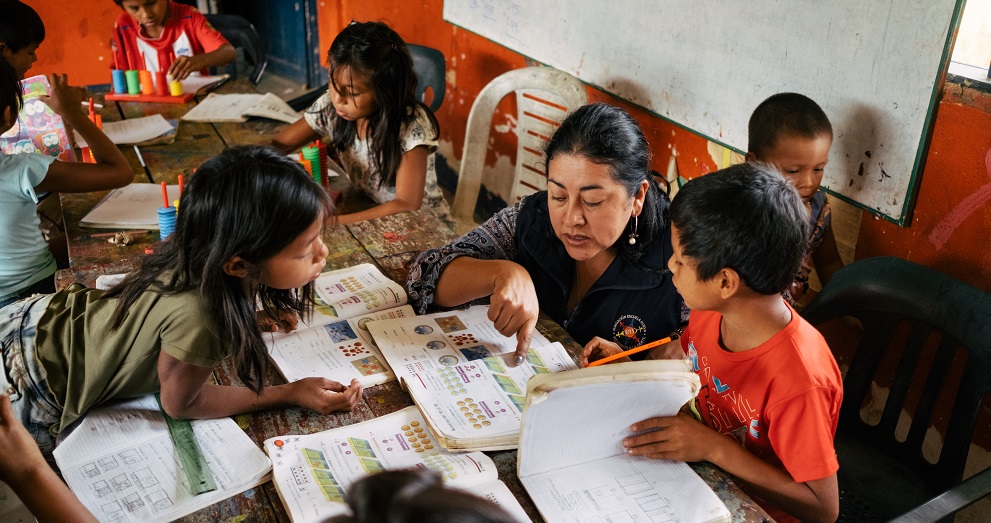Our history
Some milestones to highlight:
The original team behind the Escuela Nueva (EN) model -along with former Ministers of Education Gabriel Betancur Mejia, Doris Eder de Zambrano, Rafael Rivas Posada, and Rodrigo Escobar Navia- founds Fundación Escuela Nueva Volvamos a la Gente (FEN) to adapt the EN model to urban contexts and new populations, ensure its quality, foster innovation, and promote its expansion nationally and internationally.
Building on this foundation and with the support of the Inter-American Foundation (IAF), FEN adapts EN’s strategies and materials to the urban context, creating Escuela Activa Urbana (EAU) and initiating pilot programs in several cities across the country.
d
FEN designs the Escuela Nueva Learning Circles Program (CAENA) as a strategy to restore the educational service for out-of-school and displaced children and youth.
This adaptation of the Escuela Nueva Activa model -which is based on its core principles and technical and pedagogical framework- responds to the needs and realities of displaced and extremely vulnerable children, luring and retaining them and facilitating their transition to the formal educational system.
d
FEN hosts the “2nd International Congress of Escuelas Nuevas,” attended by 1,500 participants from 18 countries.
d
The III International Congress of Escuelas Nuevas is held in Bogota, bringing together an educational community of more than 1,200 participants from 18 countries.
EN adapts and leads the implementation of Educar en Equidad, a socio-emotional education program for children aged 3 to 5, based on the initiative by the organization Think Equal. The program is carried out in 181 Community Homes across five departments of Colombia.
In 2022, Educar en Equidad was recognized by the Colombian Family Welfare Institute (ICBF) as one of the 10 best pedagogical experiences transforming early childhood in the country.
The positive results of CAENA in Colombia motivate UNICEF Mexico to implement a pilot of the program in Puebla, Ciudad Juarez, and Tijuana. In October 2021, this first international experience begins, benefiting nearly 90 out-of-school children from Central America and Mexico’s border regions.
In partnership with the MEN, FEN launches three lines of training programs reaching nearly 550 rural primary school teachers across 10 departments of Colombia.
The first is a virtual training in ENA model strategies, the second is an in-person training on ENA model tools in Vaupes, and the third is an in-depth course on communities of knowledge and practice, combining virtual and in-person activities.
To continue providing training opportunities that support teachers in advancing their professional development and strengthening their pedagogical practice, FEN launches the Virtual Professional Development Program on ENA Strategies.
In the first cohort, held during the first semester of 2024, 15 primary school teachers from 11 Colombian municipalities enhanced their instructional skills, which positively influenced their classrooms. In the second cohort, conducted in the first semester of 2025, 16 primary and secondary teachers from 10 municipalities participated.

